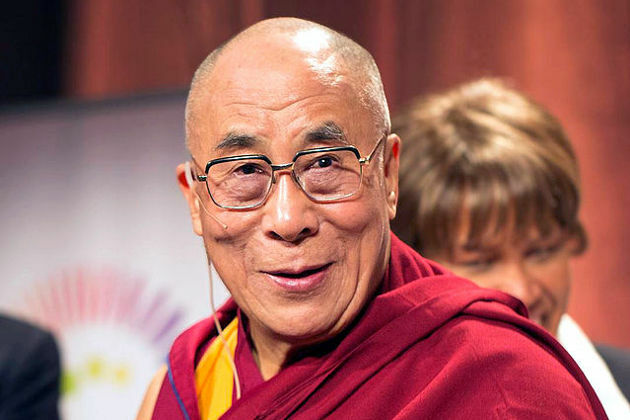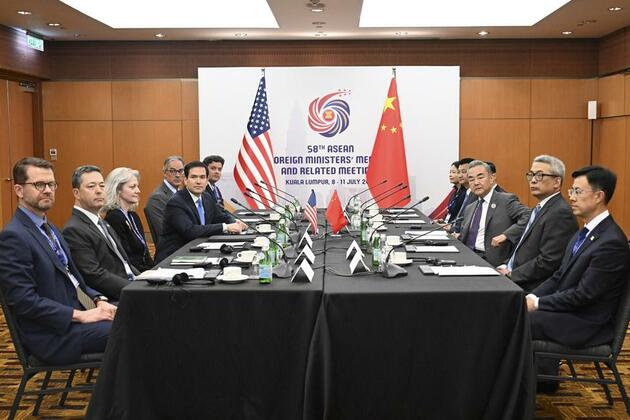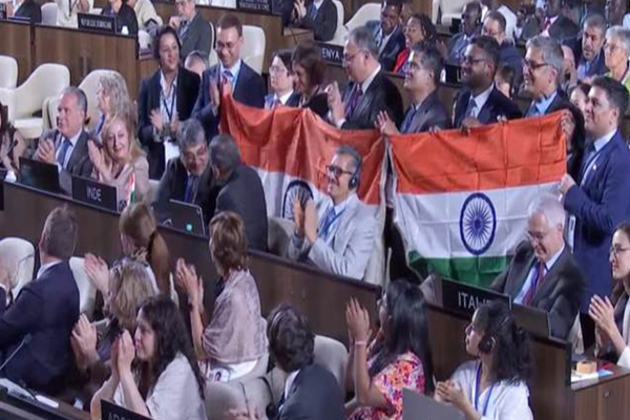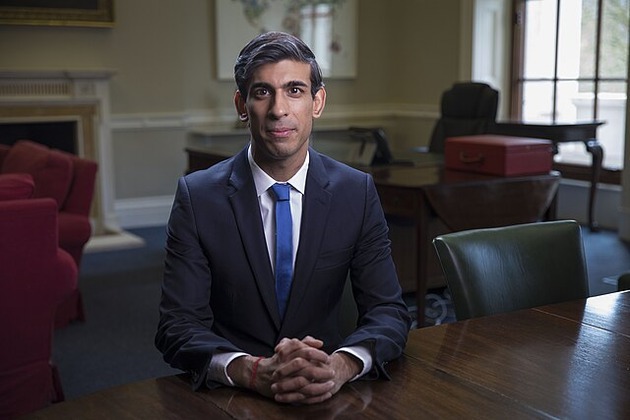Mills Soko: What SA can learn from Japan, Singapore and China
News24
12 Aug 2019, 19:13 GMT+10
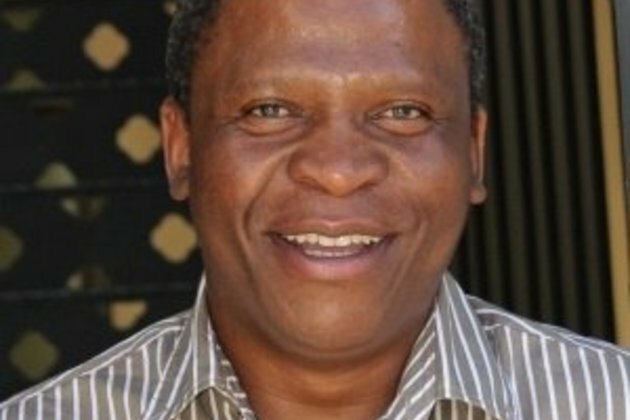
The National Development Plan touts the necessity of building a professional public service and a state capable of playing a transformative and developmental role.
It highlights several challenges that hobble the democratic state, such as unevenness in state capacity, unstable administrative leadership, skills gaps, erosion of accountability and authority, poor organisational design, as well as inappropriate staffing and low staff morale.
One of the ways in which the governing African National Congress (ANC) can address these challenges is by embracing a technocratic model of government. And the ANC must look to the East Asian nations of Japan, Singapore and China for inspiration and guidance. Partly, these countries owe their economic success to strong governments underpinned by technocratic elites and expertise.
Renowned author and global strategist Parag Khanna describes a technocracy as a "government built around expert analysis and long-term planning rather than narrow-minded, short-term populist whims or private interests. It is meritocratic (elevating competent leaders) and utilitarian (seeking the broadest societal benefit). Technocratic leaders are selected more by IQ than by popularity contest. They are extensively educated, trained and experienced professionals, not just pedigreed elites."
Ministries rule, politicians reign
Japan's bureaucracy played a pivotal role in the country's impressive rise in the post-war period. At the core of the country's development was the role of the Ministry of International Trade and Industry (MITI). MITI formulated and implemented trade and industrial policies. It provided 'administrative guidance' on a raft of domestic and foreign economic policies including technology, investment, energy and power, modernisation, competition as well as pollution control. MITI's close ties to Japanese industry facilitated a foreign trade policy that complemented its efforts to shore up domestic manufacturing interests.
In his book the late Japanologist Chalmers Johnson chronicled the country's post-war model of governance. He concluded that Japan was "ruled" by powerful, independent, and very competitive government ministries. By contrast, he pointed out that politicians merely "reigned," operating mainly as a "safety valve" in the case of bureaucratic overreach.
Singapore represents the apogee of technocratic rule. Bureaucratic leadership is deeply embedded: public servants are expected to be technically minded, long-term thinkers and with a strong utilitarian streak. Although the role of the founding father Lee Kuan Yew in the city-state's success has been immeasurable, Singapore's progress has also been a product of a system of expert rule, focus on meritocratic talent and long-range thinking. These institutional strengths have contributed to the transformation of the country from a poor backwater into an economic dynamo: an export-oriented manufacturer, a coveted port, a flight hub as well as a financial centre with one of the highest per capita incomes in the world.
As Singaporean Prime Minister Lee Hsien Loong noted, "our system shielded civil servants from political interference, (giving them) the space to work out rational, effective solutions for our problems [so they can] practise public administration in almost laboratory conditions." Singapore's major accomplishment has been to merge the political and expert components of the governing system.
Technocrats dominate
China today is significantly different from what it was during the revolutionary years of Mao Zedong. Whereas Mao and his generation had limited formal education, successive generations of Chinese leadership have boasted higher education qualifications. Over the past few decades engineers and scientists have dominated Chinese political leadership. Until recently, all but one member of the nine-person (since reduced to seven) Chinese Communist Party Standing Committee - the country's highest decision-making body - have been engineers, including the current president Xi Jinping and erstwhile presidents Jiang Zemin and Hu Jintao.
Not only do technocrats dominate the top echelons of political office in China, they also permeate all levels of the Chinese government. They include mayors, local and provincial party secretaries, and governors. The technocratic mindset is deeply ingrained in Chinese political culture. Mencius, a loyal disciple of Confucius, once remarked, "Let those who labour with their heads rule those who labour with their hands."
Japan pioneered technocratic governance, Singapore perfected it and it is in progress in post-Mao China. Despite their distinctive histories and, in the case of Singapore and China, authoritarian development models these countries provide useful lessons for South Africa to emulate. To be sure, technocratic rule is not a panacea for South Africa's governance problems. And it has its shortcomings, including the fact it is arguably inimical to the country's political culture; it could erode democratic accountability, thereby create a government for the people without the people.
Even so, it can contribute towards remedying the country's institutional deficiencies. It can enable policymakers to fulfil the objectives set out in the NDP including depoliticising the public service and making it a career of choice, developing technical and specialist professional skills among public servants, improving relations between national, provincial and local government and bolstering the functioning of state-owned enterprises.
 Share
Share
 Tweet
Tweet
 Share
Share
 Flip
Flip
 Email
Email
Watch latest videos
Subscribe and Follow
Get a daily dose of Asia Pacific Star news through our daily email, its complimentary and keeps you fully up to date with world and business news as well.
News RELEASES
Publish news of your business, community or sports group, personnel appointments, major event and more by submitting a news release to Asia Pacific Star.
More InformationAsia
SectionThousands gather in Himalayas as Dalai Lama celebrates 90th birthday
DHARAMSHALA, India: The Dalai Lama turned 90 on July 6, celebrated by thousands of followers in the Himalayan town of Dharamshala,...
Beijing hits back at EU with medical device import curbs
HONG KONG: China has fired back at the European Union in an escalating trade dispute by imposing new restrictions on medical device...
Daily World Briefing, July 12
Chinese FM calls for joint efforts in finding right way for China, U.S. to get along China and the United States should work together...
Maratha Military Landscapes of India inscribed in UNESCO World Heritage List as India's 44th entry
New Delhi [India], July 12 (ANI): In a remarkable decision taken at the 47th Session of the World Heritage Committee, India's official...
Dmitry Trenin: Why the next world order will be armed with nukes
How the Wests recklessness is testing Moscows nuclear patience A multipolar world is, by its nature, a nuclear one. Its conflicts...
Italy script history, qualify for T20 World Cup 2026; Netherlands earn a spot as well
The Hague [Netherlands], July 11 (ANI): Italy made history after securing qualification for the 2026 Men's T20 World Cup in India and...
Business
SectionFTC’s rule to ease subscription cancellations struck down by court
WASHINGTON, D.C.: A federal rule designed to make it easier for Americans to cancel subscriptions has been blocked by a U.S. appeals...
Musk’s X loses CEO Linda Yaccarino amid AI backlash, ad woes
BASTROP, Texas: In a surprising turn at Elon Musk's X platform, CEO Linda Yaccarino announced she is stepping down, just months after...
Ex-UK PM Sunak takes advisory role at Goldman Sachs
NEW YORK CITY, New York: Former British prime minister Rishi Sunak will return to Goldman Sachs in an advisory role, the Wall Street...
Gold ETF inflows hit 5-year high as tariffs drive safe-haven bets
LONDON, U.K.: Physically backed gold exchange-traded funds recorded their most significant semi-annual inflow since the first half...
PwC: Copper shortages may disrupt 32 percent of chip output by 2035
AMSTERDAM, Netherlands: Some 32 percent of global semiconductor production could face climate change-related copper supply disruptions...
U.S. stocks recover after Trump-tariffs-induced slump
NEW YORK, New York - U.S. stocks rebounded Tuesday with all the major indices gaining ground. Markets in the UK, Europe and Canada...

